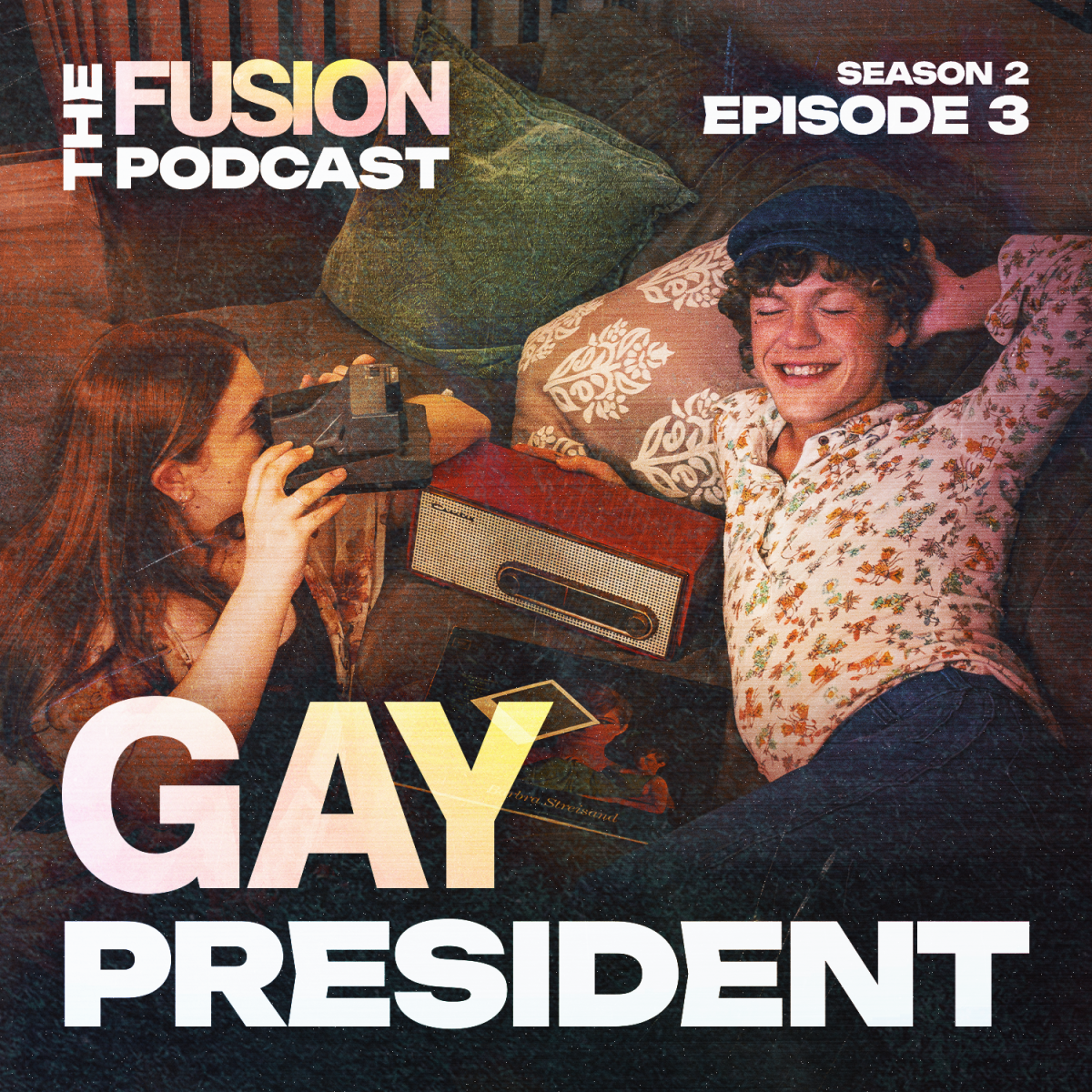Featured in Fusion’s Spring 2022 Issue
What does it mean to have your rights questioned at all levels of government? How does it feel? What worries and thoughts would run through your mind?
According to Graham Callahan, a junior theater design, technology and production major and intern at the Kent State LGBTQ+ Center, “it is straight-up dehumanizing to have my rights questioned as a trans person. Because who am I to not have the same rights as cis people? Like, what makes me less human than somebody who is not having the same gender experience as I am? I feel a lot of anger about it because this is an aspect of my identity … I didn’t choose to be trans, but here I am and I refuse to feel any shame about those aspects of my identity … It hurts, it’s disheartening, but more than anything, it’s infuriating, because who is anyone to tell me that I am lesser than?”
Transgender individuals deal with this on a daily basis. Despite progress being made at the local level supplemented by actions taken by the Biden administration, there are obstacles to overcome. No person deserves to have their rights questioned, especially as insensitively and drastically as has occurred in the past year, and yet it happens anyway. Trans rights have been a fight during recent years and will continue to be at the federal, state and local levels, leaving transgender individuals traumatized and disparaged.
New year’s celebrations have long been said to shed old traditions and bring in the new year with laughter, happiness and love. Unfortunately, someone forgot to inform state legislatures in 2022. According to NBC News, “at least seven states introduced anti-trans bills in the first week of 2022.” Although Ohio is not one of these seven states, these bills still demonstrate a distressing national trend in the dawn of the new year. In fact, according to USA Today, there have been roughly 280 bills filed ahead of time for the 2022 legislative year tracked by LGBTQ+ activists.
The article continues to illustrate how this is frightening for two reasons. First, legislators introduced 147 proposals targeting transgender individuals in 2021, the most anti-trans year since 2015. Second, the fight for trans rights has been moving steadily away from the federal Congress and to the state legislatures which poses inherent dangers.
Most Ohio citizens will only hear about, research, and advocate against the state’s current bills. This decentralizes the fight for trans, and thus human, rights. Moving trans rights debates to state houses instead of the federal level essentially hides 98 percent of anti-trans legislation from state media. This creates less resistance to individual bills and also increases the total number of anti-trans proposals nationwide.
For instance, few people outside of Ohio have likely heard of, or begun fighting, Ohio House Bill 454, also known as the Save Adolescents from Experimentation (SAFE) Act. This proposal was introduced by two members of the Ohio House of Representatives on Oct. 26, 2021. The 11-page document states that “no physician or other medical health care professional shall provide gender transition procedures to any person under eighteen years of age.” Any infractions of these provisions can lead to the loss of licensure for medical professionals.
On top of these already-distressing pieces of the SAFE Act, this bill’s passage would lead to more terror for trans youth. Section 3129.05 states that any medical professional, teacher or counselor may not keep information about a minor experiencing gender dysphoria from the minor’s parents or guardians, nor may they encourage the child to do so.
Ryan Shank, an independent gubernatorial candidate, stands in opposition to this bill. He discussed the provisions of this act, saying, “it’s been claimed by DeWine’s administration that it’s primarily to protect children and stuff like that. It’s not about protecting children.” He continued, “the control [for transitioning youth] belongs with the doctor, the parents and the children. That’s who that belongs with. Everyone deserves to feel comfortable in their own skin. Everyone deserves to live how they wish to live.”
Schools of all levels are some of the most important places for discussion of trans and queer rights in America. This is because providing examples and bringing up topics that may not otherwise be encountered by students has an immense ability to normalize and include trans people and their rights in students’ worldviews. Ohio House Bill 327 (HB 327) targets this possible safe space by limiting educators’ ability to discuss these topics. HB 327 states that in K-12 and university-level education, no mention may be made of the fact that the U.S. has historically disenfranchised or discriminated against minorities on a systemic or systematic level.
There has, however, been some progress made towards transgender rights in the city of Kent, which became the 19th city in Ohio to pass an LGBTQ non-discrimination ordinance, according to Freedom for All Americans. Passed in 2017, this city ordinance prohibits discrimination against LGBTQ citizens in employment, housing and public accommodations, as well as protects people from discrimination due to sexual orientation and/or gender identity. While needing to be supplemented by further protections and laws, this is a start that shows how certain areas throughout the nation can still overcome the hindrances placed on trans and queer rights by higher courts and legislatures.
This may all sound scary, however, it is not hopeless. Individual civil rights lawsuits, protests and continued unity within the community can make a difference. Even the Biden administration is fighting for equal rights for transgender individuals. According to the Human Rights Campaign, Biden has a very “pro-LGBTQ” agenda and plans to make progressive strides during his term.
Supplementing the Biden administration’s current efforts, Secretary of State Antony Blinken said in an interview, “[the State Department] will continue to work with civil society, like-minded governments and other human rights defenders to combat the criminalization of LGBTQI+ status, protect vulnerable LGBTQI+ refugees and asylum seekers, advance non-discrimination and provide meaningful responses to human rights abuses of LGBTQI+ persons. The LGBTQI+ community has an ally in the United States.”

































